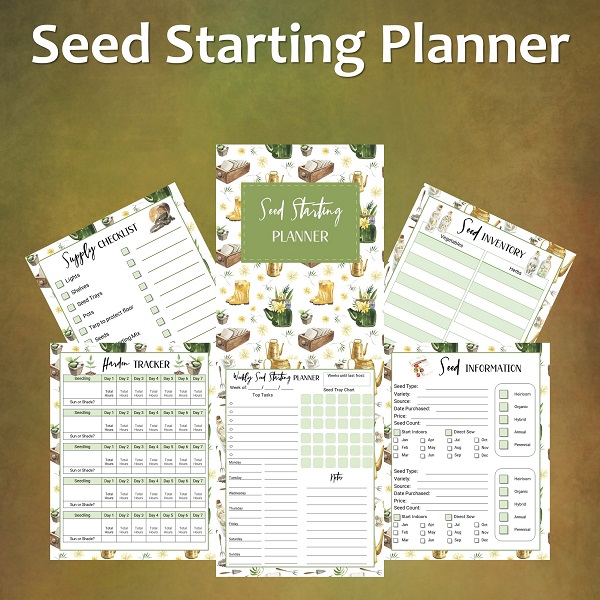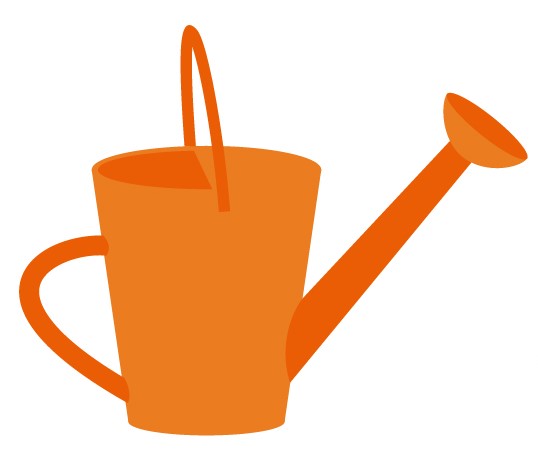Get Started Growing!
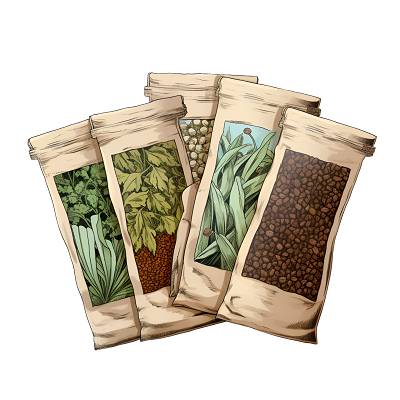 First, the soil needs to be ready before any seeds are planted. Acquire some ordinary garden compost, take the big rocks and pebbles from the soil. Then, take an ordinary seed tray; fill it with the sieved compost. Firm the soil down a little, not too much. Just make a nice flat surface. The compost needs to be watered first to make sure it is damp. Get the vegetable seeds and shake out some seeds into the palm of your hand.
First, the soil needs to be ready before any seeds are planted. Acquire some ordinary garden compost, take the big rocks and pebbles from the soil. Then, take an ordinary seed tray; fill it with the sieved compost. Firm the soil down a little, not too much. Just make a nice flat surface. The compost needs to be watered first to make sure it is damp. Get the vegetable seeds and shake out some seeds into the palm of your hand.
Sew them thinly, into the top of the compost. It can be quite difficult to see the seeds because they are usually black. Don’t worry if you drop them a little bit close together because as they come up, you can always thin them out. Reserve the remaining seeds for the second sewing. You can either cover the seeds with another sieving of compost, not too much, just about a quarter of an inch.
Make sure you’ve got an even covering, water lightly again over the surface, then you take your seed tray and place it in a propagator until the seeds have germinated, then you can move them back out into your greenhouse. And that is how you plant vegetable seeds. Continue reading
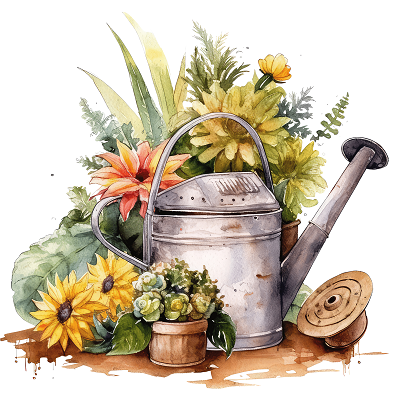 A common question newbie gardeners ask is: how will I know when to water my garden? When it comes to watering the garden, there are no fixed rules. It greatly depends on the soil, type of plant, and other factors.
A common question newbie gardeners ask is: how will I know when to water my garden? When it comes to watering the garden, there are no fixed rules. It greatly depends on the soil, type of plant, and other factors.
The Soil
Experienced gardeners examine first the soil’s condition before watering. They will know it is time to water when, of course, the soil is dry. Conversely, if the soil is pretty much moist, it is an indicator the plants don’t need watering.
Watering
Watering needs to be done in moderation. Too much water could suffocate the plants. Meanwhile, too little could lead to dehydration. So, how do you know when to stop watering plants? When water starts to accumulate or pool, this is a signal to stop. Continue reading
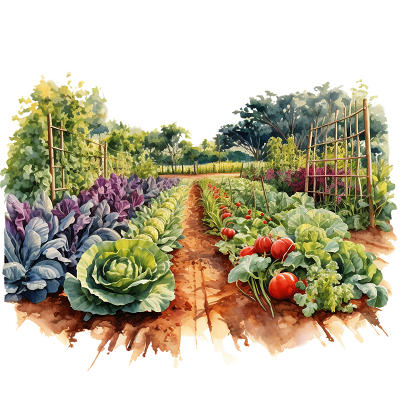 One of the common concerns in gardening is whether to use organic or artificial fertilizers. Of course, many lean towards going organic because of its numerous benefits. Unfortunately, the majority still choose artificial fertilizers. The reason is quite simple — organic is laborious and has a slower effect on plants. Meanwhile, artificial fertilizers are easy to use and produce quick results.
One of the common concerns in gardening is whether to use organic or artificial fertilizers. Of course, many lean towards going organic because of its numerous benefits. Unfortunately, the majority still choose artificial fertilizers. The reason is quite simple — organic is laborious and has a slower effect on plants. Meanwhile, artificial fertilizers are easy to use and produce quick results.
Is picking artificial over organic worth it? In order to have a clearer picture of their distinctions, defining these terms is a wise thing to think about.
Organic vs. Artificial
Newbie gardeners argue about this more than any other subject. A point can be made that debates happen because they are confused of what ‘organic’ and ‘artificial’ actually mean. Continue reading
